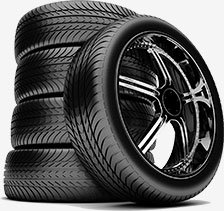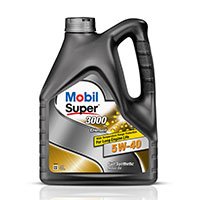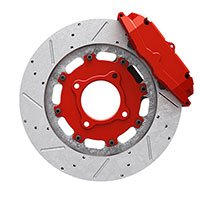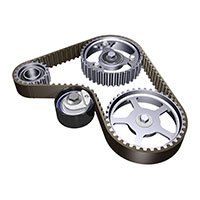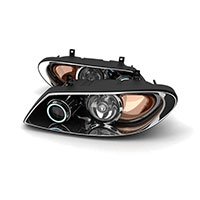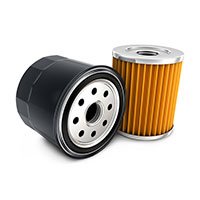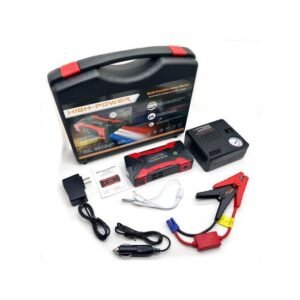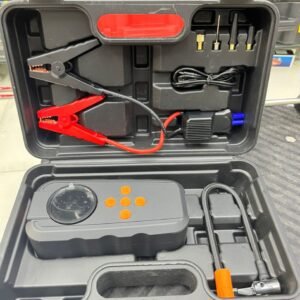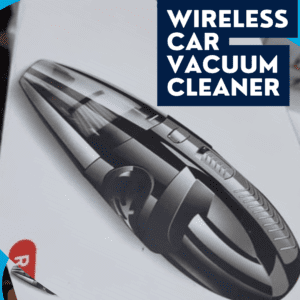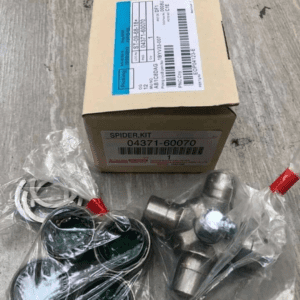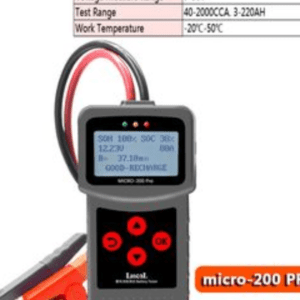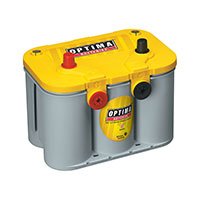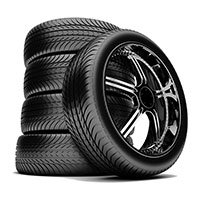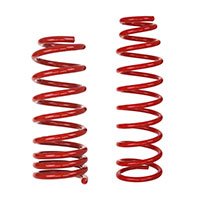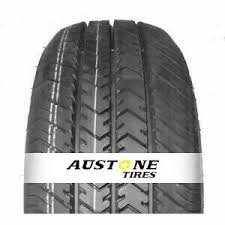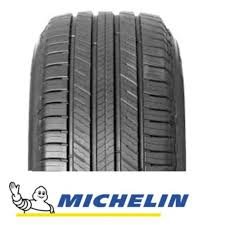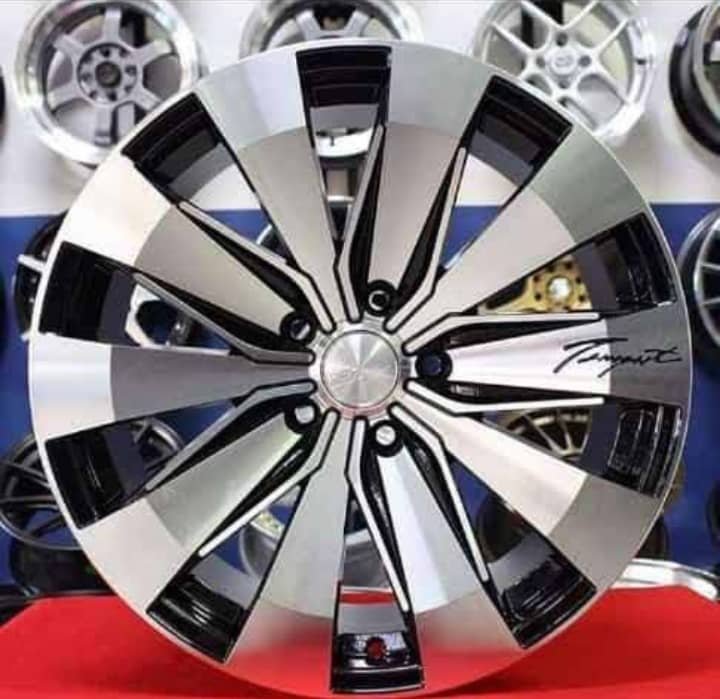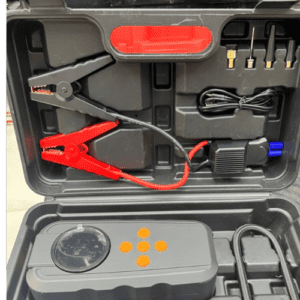What are the basic tips for improving car fuel economy?
What are the basic tips for improving car fuel economy?
What are the basic tips for improving car fuel economy?
Currently, as fuel prices remain high, improving your car’s mileage is crucial. If you stretch your fuel tank further, you can reduce the number of times you fill-up per month. This can help you stick to your budget.
However, regardless of the kind of car you drive, you can always use a little extra money at the end of the month, and cutting back your fuel expenses is a great way to pad your bank account.
Here are the basic tips of improving car fuel economy and save money on gas
Decrease Drag
During the middle of summer, the inside of your car will be like a sauna. So do you roll the windows down or switch the air conditioning on? But either method of achieving an ambient temperature can be wrong, depending on your speed.
Turning on air conditioning consumes fuel, and having the windows down causes drag, which uses up fuel too.
But here’s what to do. When at low speeds, open the window. The fuel used to compensate for drag is less than the fuel used to power your air conditioner.
But while driving on the motorway, it’s the other way around. Try to turn on the climate control, the fuel used to compensate for drag is greater than the fuel required to have the air conditioning on.
Please note that the tipping point for this is around 30 mph.
Make It Clean
Ensure you don’t drive your car with dirty or clogged filters. Such as the air filter or the oil filter if you don’t want to shell out at the pump. Make sure you get them cleaned or replace them.
This will be money well spent since you won’t be bleeding slowly. Remember that a serviced engine will also consume less fuel, so don’t ignore the schedule.
Inflate Your Tires Properly
Inflate your tires when they look low, but even if they are slightly low, they could significantly reduce your mileage. Normally, under-inflated tires result in your engine using more fuel to move the car.
Ensure your tires are inflated to the pressure indicated in your owner’s manual for the best balance between gas mileage and traction. And this will translate into significant savings, as being under-inflated by 10 PSI per tire can cost you five MPG or more.
https://kctimoauto.com/product/high-power-car-jumper-starter-with-air-compressor-pump/
Just Take A Walk
You can just take a walk, meaning if you don’t need to drive somewhere, then don’t. And also, if you’re to visit a crowded area, such as a market, park your car some distance away from where you don’t have to drive around to find a parking spot.
This will save you time, the hassle of navigating through congestion, and of course a lot of fuel. Besides, a bit of exercise can do you and the family no harm.
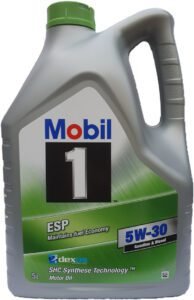
Fill Up Your Tank With As Much Fuel As You Need
By regularly topping up your fuel, it will help you get more miles for your money. So to make it easier to judge the correct amount of fuel, keep a record note in the glove box.
Anytime you fill up fuel, write down how much fuel you put in to get from A to B. Please note this in liters, not in pounds, as the price is always changing.
Remember some fuel tanks can take up to 109 liters, so that’s a significant amount of extra weight to carry around. The question now is, would you leave 109 liters worth of bottled water in your boot?
Make Use Of A Route Planner
Indeed, this might seem like pushing it, but before you go somewhere, ensure to choose your route carefully. However, you should start 10 minutes before rush hour starts, especially if you’re a daily commuter.
Minimize Excessive Weight
Most times you’d be surprised how much all that junk in your car’s trunk can weigh. Note that if your car has front-wheel drive, putting extra weight on the rear axle means the front wheels aren’t getting as good a grip as they could be, this reduces your mileage.
Also, extra weight means the engine has to work a little harder to move the car. This also reduces your gas mileage. Once you’re carrying a lot of weight, reducing the load can help you get a mile or two more per gallon.
Taking It Easy On The Accelerator
One of the basic tips of improving car fuel economy is taking it easy on the accelerator. Remember, your driving style can have a big impact on how much fuel you use.
The basic tips for improving car fuel economy is to keep your driving smooth. A gentle acceleration and using the highest safe gear will use less fuel. So when you approach traffic lights, ease off the accelerator early if the lights are red.
Remember, this style of driving, where harsh or rapid accelerating is minimized and gears are used efficiently, is often known as eco-safe driving. This will not only help you use less fuel, but it tends to be safer too.
Please don’t think that using any old type of motor oil will work for your car. So if you use a heavier weight oil than recommended, it could create too much friction and cause the engine to work harder and burn more fuel.
Conclusion on what are the basic tips for improving car fuel economy
Note that none of these tips require too much effort to implement. Meaning you don’t need to be an expert mechanic to understand the ways in which this helps improve efficiency. Just follow the above tips diligently to save money in times of inflated fuel prices.


